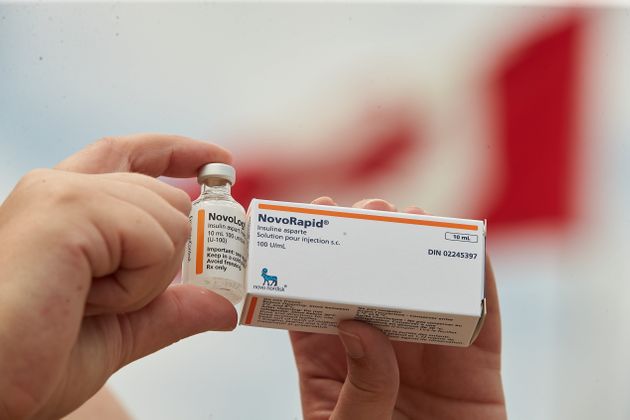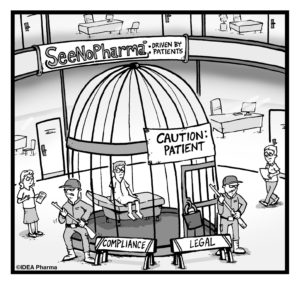As you may be aware, more and more residents from the US are purchasing their prescription drugs from Canada, due to the lower prices. While this is increasing sales for pharmaceutical companies and their associates, there is a something more important that must be considered. Namely, what effect are the sales of Canadian medicine to our US neighbours having on Canada and we Canadians?
According to a number of professional groups, the outcome of these prescription sales may result in drug shortages Canada. This, in turn, can have negative repercussions on the healthcare of Canadians. As a letter sent by groups representing patients, health professionals, hospitals, and pharmacists to Health Minister Ginette Petitpas Taylor states, “‘The Canadian medicine supply is not sufficient to support both Canadian and U.S. consumers…The supply simply does not, and will not, exist within Canada to meet such demands.”of the potential for increasing drug shortages.'” Read more about this here.







